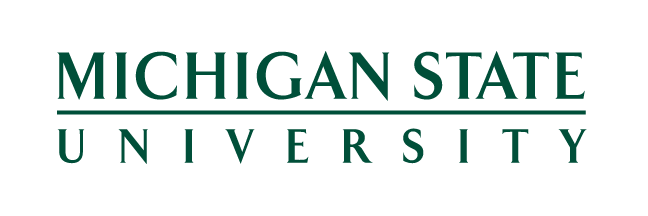
Dr. Matthew Ronfeldt
Professor, Marsal Family School of Education - University of Michigan; Faculty Associate, Survey Research Center, Institute for Social Research
Education Policy Speaker Series
Dr. Matthew Ronfeldt
Professor, Marsal Family School of Education – University of Michigan; Faculty Associate, Survey Research Center, Institute for Social Research
DATE: February 28, 2025, 10:30 A.M. to 12:00 P.M.
LOCATION: Erickson Hall, Room 252
Matt Ronfeldt seeks to understand how to improve teaching quality, particularly in schools and districts that serve minoritized and marginalized students. His research sits at the intersection of educational practice and policy and focuses on teacher preparation, induction, and professional development, the recruitment and retention of teachers and especially teachers of color, and the assessment of teachers and preparation programs. Ronfeldt earned his PhD from Stanford University, concentrating on teacher education. He completed two more years at Stanford as an IES postdoctoral fellow in the Institute for Research on Educational Policy and Practice.
Ronfeldt has three grant-funded, mixed-methods projects in progress. The first aims to understand how to increase the racial diversity of the teaching workforce in Tennessee (with Jason Grissom and Kelly Slay; Institute of Education Sciences). The second will develop and assess a professional development program intending to promote belonging-centered instruction among mathematics teachers, an approach thought to be especially critical for marginalized and minoritized mathematics learners (with Jamaal Matthews; Chan Zuckerberg Initiative). Finally, the Mentoring Mentors Matters (M3) Project will develop and assess a mixed-reality and hybrid (online, in-person) professional development program aimed at supporting mentor teachers in providing more powerful instructional coaching to mathematics teacher candidates (with Julie Cohen, Meghan Shaughnessy, and Nicole Wagner; National Science Foundation.)
For more than a decade, Ronfeldt has been a national leader in developing and utilizing large-scale quantitative methodologies, including innovative field experiments, in the study and improvement of teacher education. In particular, since 2013 Ronfeldt has helped to build and sustain a research practice partnership with the Tennessee Department of Education (TDOE) using statewide data systems to examine and improve teacher preparation across the state. In related work, Ronfeldt partnered with Dan Goldhaber and teacher education programs across three states to develop and experimentally evaluate the Improving Student Teaching Initiatives (ISTI) to improve clinical placements and the feedback given to student teachers during clinical experiences. In collaboration with Kavita Kapadia Matsko, Ronfeldt utilized large-scale survey methodologies to better understand the features of teacher education programs related to better graduate outcomes the Chicago area.
Ronfeldt has been awarded three outstanding journal article awards. With Shanyce Campbell, he received the Palmer I. Johnson Memorial Award for the outstanding article appearing in any AERA-sponsored publication in 2019. He has twice received the American Association of Colleges for Teacher Education (AACTE) Outstanding Journal of Teacher Education (JTE) Article Award – in 2016 and in 2022 (with Kavita Kapadia Matsko and Hillary Greene Nolan).
Ronfeldt was a middle school mathematics and science teacher for seven years, mostly in Oakland, California. During that time, he served as a professional development coordinator and a mentor teacher. His experiences as a practitioner continue to motivate his commitments to educational equity and the improvement of teaching. Ronfeldt subsequently earned his PhD from Stanford University, where he concentrated on teacher education. After receiving his doctoral degree, he completed two more years at Stanford as an IES postdoctoral fellow in the Institute for Research on Educational Policy and Practice (now CEPA), focusing on large-scale quantitative research in education policy.



